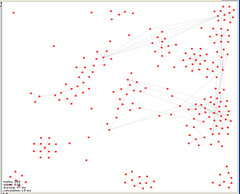
If we imagine what the specification for building a scholarly communications system would look like there are some fairly obvious things we would want it to enable. Registration of priority, archival, re-use and replication, and filtering.

If we imagine what the specification for building a scholarly communications system would look like there are some fairly obvious things we would want it to enable. Registration of priority, archival, re-use and replication, and filtering.

Image via Wikipedia I have been trying to draft a collaboration agreement to support a research project where the aspiration is to be as open as possible and indeed this was written into the grant. This necessitates trying to pin down exactly what the project will do to release publications, data, software, and other outputs into the wild.
Michael Nielsen asked me to answer some questions about practical approaches to Open Science. You can see my answers up on his blog.
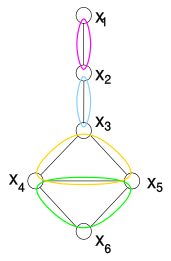
The online maths community has lit up with excitement as a document, claiming to prove one of the major outstanding theorems in maths has been circulated. In response an online peer review process has swung into action that is very similar to the kind of post-publication peer review that many of us have advocated. Is this a one of, a special case?

So Google has abandoned Wave. Not really that surprising but obviously dissappointing to those of us who were excited about its potential. Here I argue that part of the problem is that most of us are still restricted in our thinking to static documents on the web. Wave was always about a next generation kind of document that was active and dynamic and that might have contributed to some of the confusion around what it was good for.

I’ve been watching the reflection on the Science Blogs diaspora and the wider conversation on what next for the Science Blogosphere with some interest because I remain both hopeful and not very confident that someone somewhere is really going crack the problem of effectively using the social web for advancing science.

The following is my contribution to a collection prepared by the British Library and released today at the Wellcome Trust, called “Driving UK Research. Is copyright a help or a hindrance?†which is being released under a CC-BY-NC license. The British Library kindly allowed authors to retain copyright on their contributions so I am here releasing the text into the public domain via a CCZero waiver.
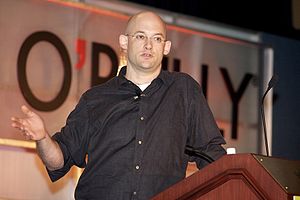
The idea that “it’s not information overload, it’s filter failure” combined with the traditional process of filtering scholarly communication by peer review prior to publication seems to be leading towards the idea that we need to build better filters by beefing up the curation of research output before it is published.
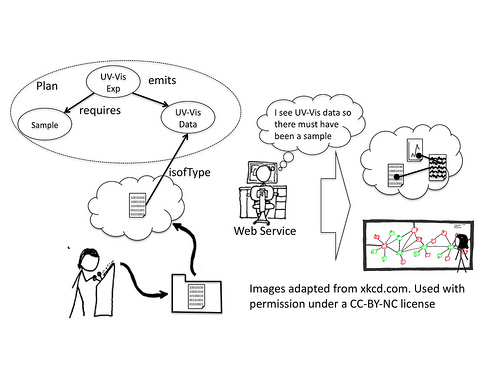
I talk a lot about building tools that make it easy capture all the objects that we create as part of the research process and then connect all of these up together. Thus far there have been small and limited demonstrators. This is a proposal to build something that demonstrates the general principle at this coming weekend’s Science Hack Day in London.
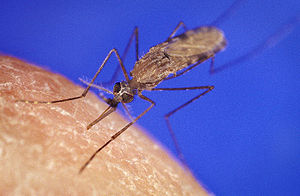
Last Thursday night I was privileged to be invited to the 10th anniversary celebrations for BioMedCentral and to help announce and give the first BMC Open Data Prize. Peter Murray-Rust has written about the night and the contribution of Vitek Tracz to the Open Access movement. Here I want to focus on the prize we gave, the rationale behind it, and the (difficult!) process we went through to select a winner.